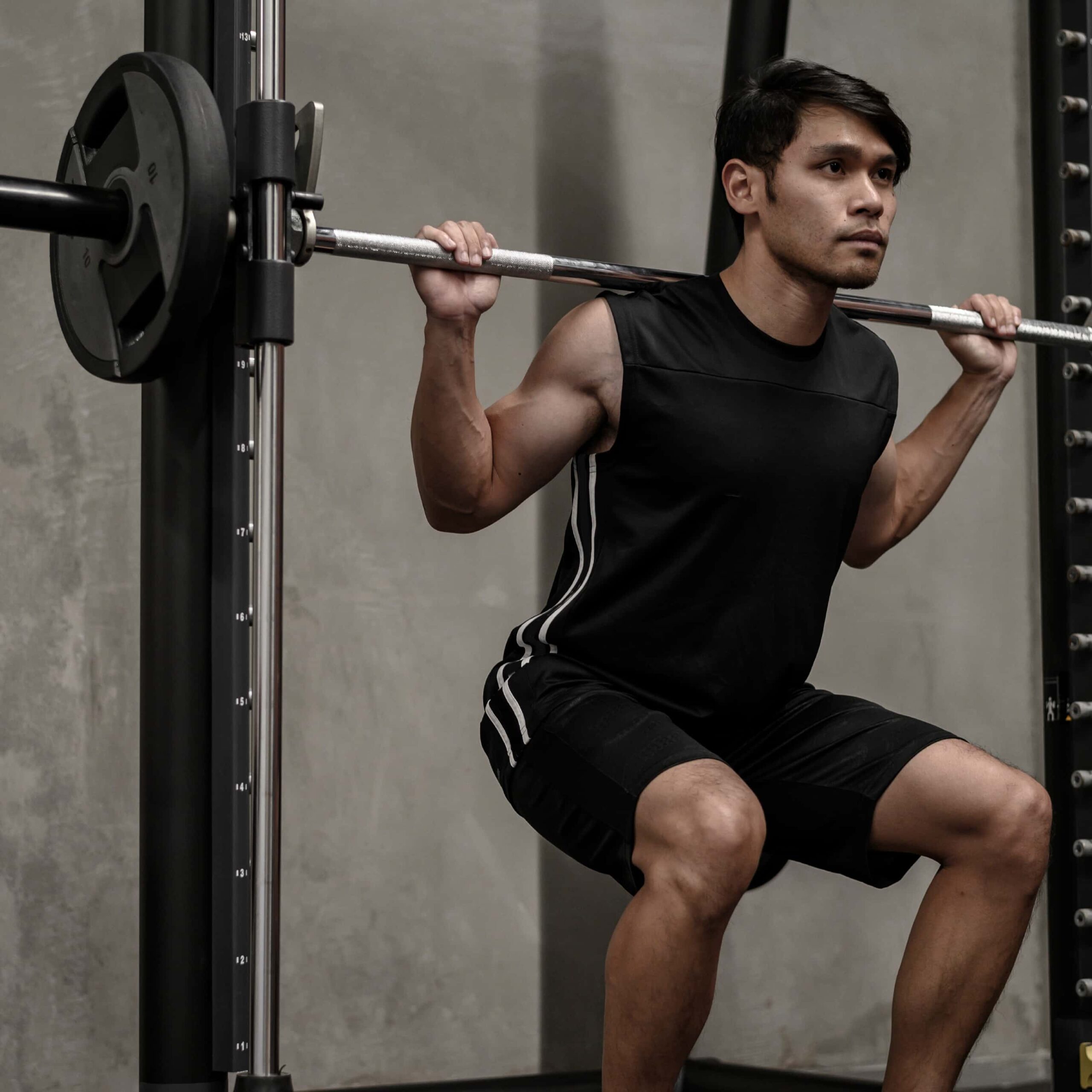Post-Menopausal Exercise
16th Aug 21

We believe that exercise should be a part of everyone’s life, regardless of age or ability. This includes women who have experienced menopause. We’ve previously looked at the ways to manage perimenopausal symptoms with exercise, but what about your health and fitness after menopause?
Want to move fast? Jump to the right section below.
Post-Menopausal Symptoms

Post-menopausal symptoms include fatigue, insomnia, recurrent UTIs and general aches and pains, as well as the more serious long-term issues of osteoporosis and neurological problems. Once you’ve experienced menopause, the decrease in oestrogen also increases your risk of cardiovascular disease. So how can you best protect yourself? And how can you maintain great health and a great quality of life?
Exercise is one of the answers. It’s one of the simplest, easiest ways to improve your health and well-being. Unfortunately, post-menopausal women often exercise less. But it’s even more important to move your body at this time in your life. Exercise offers so many benefits to everyone but has a particularly positive impact on women after menopause.
Benefits of Post-Menopausal Exercise

So why is exercise so beneficial after menopause? Well, it’s typical to lose muscle mass during menopause. This is compounded by a decreased metabolism, which means the body burns fewer calories. An increased appetite also means the body is likely to take on more calories. All of these factors can contribute to weight gain, which in turn can lead to health problems, including heart disease, diabetes and some cancers. One of the best ways to maintain a healthy weight and protect yourself against these conditions is through exercise.
Another benefit of post-menopausal exercise is protecting against bone density loss and osteoporosis. After menopause, bone density declines and the risk of breakages increases. Our bones are strong when our muscles are strong, which is why strength training is so important. It will help to build and maintain muscle tone and build and maintain bone density in the process.
Other benefits of post-menopausal exercise include improved cardiovascular health and, therefore, a lowered risk of high blood pressure and heart attacks. In terms of well-being, you’re sure to notice a more positive mood and better sleep, too.
Different types of exercise will promote these benefits in different ways. For instance, moderate cardio exercise, which raises your heart rate and gets the blood pumping, will see the most improvement in your stamina, body fat and sleep pattern. Meanwhile, strength training movements that engage all major muscle groups will help to maintain muscle mass and bone density.
It’s also worth including postural exercises like yoga, Tai Chi or ballet, which improve your balance, coordination, and flexibility. It will also help protect against falls and injuries as you age.
To summarise, the benefits of exercise for post-menopausal women include:
- Reducing your risk of high blood pressure, heart attacks and strokes
- Helping to maintain a healthy weight
- Increasing bone mass
- Reducing stress, anxiety and depression
Types of Exercise to Try After the Menopause
The research is extremely supportive of exercise benefits for postmenopausal women, particularly in terms of heart and bone health. So what kind of exercise is right for you? Why not try:
- Yoga
- Tai Chi
- Walking
- Pilates
- Lifting weights
- Cycling
- Swimming
- Dancing
- Aerobics
- Running
- Exercise machines like cross trainers, exercise bikes, rowers and treadmills will also help to get a great workout from the comfort of your own home or in the gym.
Of course, if you are suffering from osteoporosis, you should avoid any exercise that could cause a heavy impact or a fall. Exercises that involve continuous repetitive motion, like sit-ups, for example, should also be practised with caution.
Whether you have experienced menopause or not, regular exercise has so many benefits to our health. It lowers body fat, builds muscle mass, strengthens bones, increases strength, improves balance and coordination, and also boosts mood. Ready to start your exercise journey? Visit our shop to find your perfect equipment to get going!

Before beginning any exercise or nutrition program, consult your physician, doctor or other professional. This is especially important for individuals over the age of 35 or persons with pre-existing health problems. Exercise.co.uk assumes no responsibility for personal injury or property damage sustained using our advice.
If you experience dizziness, nausea, chest pain, or any other abnormal symptoms, stop the workout at once and consult a physician or doctor immediately.









